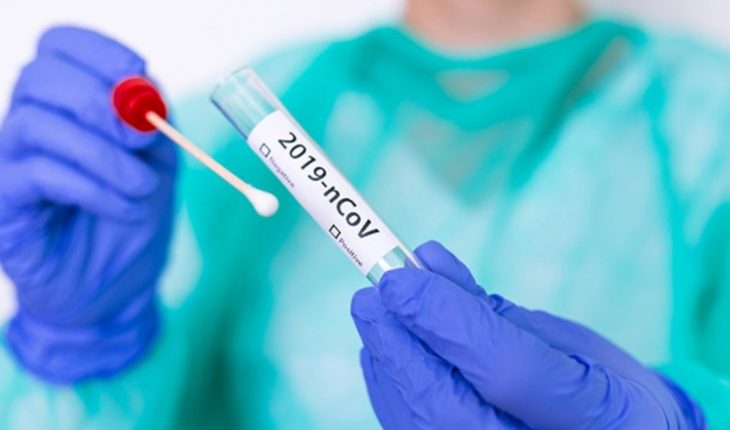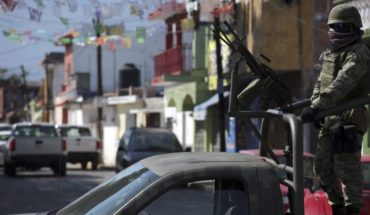For specialists, the use of rapid antigen tests should revolutionize the current strategy to tackle coronavirus in Europe and the United States, where they are going through a second wave of contagion like the one that would reach South America early next year. In Argentina, the start of the Covid-19 vaccination campaign will coincide with summer and the holiday period, when increased mobility of people increases the risk of this second wave of contagions being triggered. Doctors and scientists stress the importance of mass testing, and in that sense point out that antigen testing has as advantages that are economical and fast, as they allow to know the results in just 15 minutes.” It is a PCR-like test, for which respiratory samples are taken from a swab,” explained infectologist Eduardo López (MN 37586), one of the experts advising the national government during the pandemic.
Illustrative image
He explained, “While the PCR is looking for the presence of genetic material from the virus, the antigen test is based on the detection of a protein found on the surface of the virus, so it can be found much faster.” They also differ from rapid serological tests, which by testing a drop of blood detect antibodies produced after contact with the virus. In this case, if the result is positive, it is recommended to supplement with a PCR test to see if the infection is ongoing or there was an infection in the past even if the patient has not had symptoms. Antigen testing, while not replacing PCR tests, is considered a good alternative for massive, fast or remote testing such as airports, bus terminals, shopping malls, and educational establishments.
Illustrative image
These tests were launched globally in September and in the country already have the authorization of the ANMAT (National Administration of Medicines, Food and Medical Technology), although they are available for use only in medical centers and not for sale in pharmacies, since swabs must be performed by health personnel. Clinical studies indicate that tests with rapid antigen tests have a sensitivity of more than 90% and a specificity of 99.4% in people suspected of being exposed to COVID-19 or who had symptoms in the last seven days. According to a report released by Harvard School of Public Health and the University of Colorado, “mass and frequent testing of the population with rapid antigen testing could lead to the elimination of the virus within weeks, as it would allow for quick and personalized isolation recommendations.”
“On public health issues, it’s preferable to have less sensitive results today than more sensitive tests tomorrow,” said Daniel Larremore, assistant professor of computer science at the University of Colorado, co-author of the paper. The main strength of these tests is speed: “In a community-based transmission scenario what we want to know is whether a patient is contagious and the antigen test is the most powerful tool we have to know,” said Stephen Kissler, an infectious disease researcher at Harvard.” There are 20% positives per PCR that test negative for antigen: they are ‘false negatives’. But they are usually patients with low viral load and that are hardly contagious,” Kissler explained.
Illustrative image
In the same line, the European Commission issued a recommendation to do massive and frequent testing: “Antigen tests offer a significant advantage over RT-PCR testing, as they require simpler equipment and fewer highly qualified technical personnel. Also in terms of price and speed of results, as they provide rapid results and help relieve pressure in health systems.” On the eve of the start of mass vaccination campaigns, the European body bases its pandemic management strategy for this stage on six pillars: physical estating and contact limitation; quick testing and contact tracking; safe travel during parties and holidays; maintenance of health infrastructure and staff training; psychosocial support for pandemic fatigue and mental health problems; and support for national vaccination plans.





